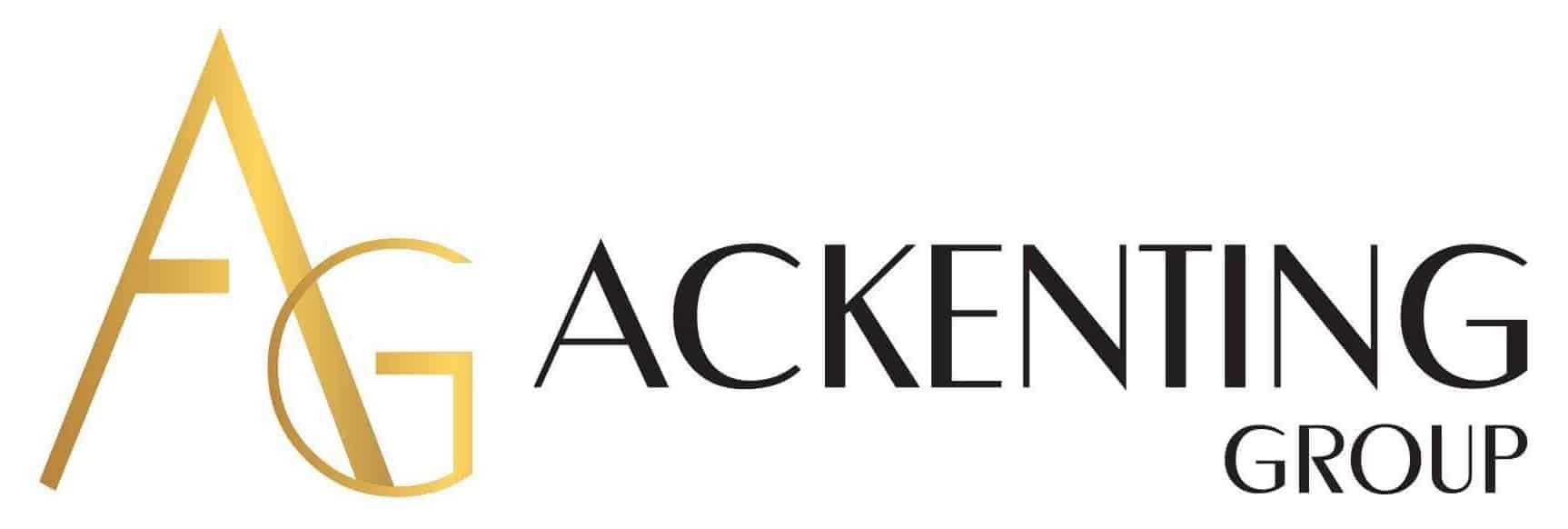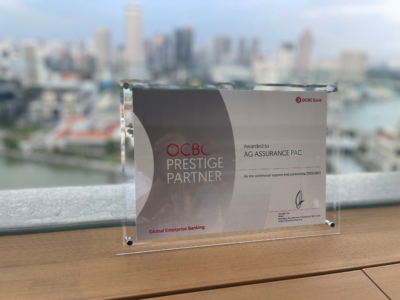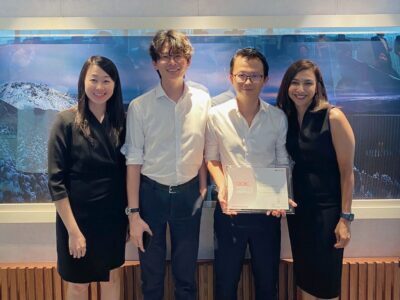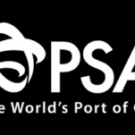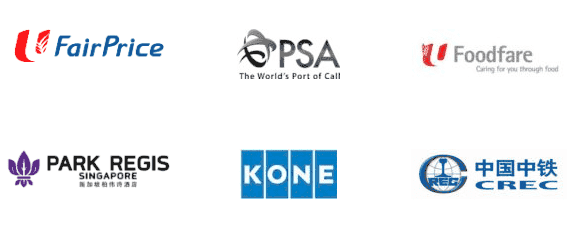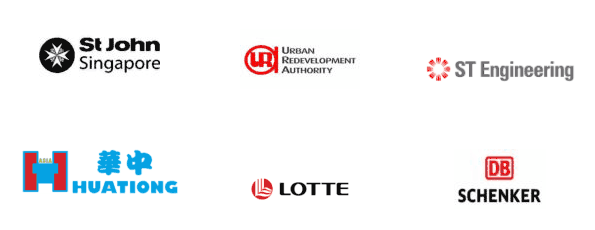Singapore has emerged as a pivotal shipping hub in Asia, solidifying its position as one of the world’s top three oil trading and refining centers. With a total crude oil refining capacity of 1.5 million barrels per day (bbl/d), Singapore is home to three major refineries: ExxonMobil’s 605,000-bbl/d facility at Pulau Ayer Chawan, Royal Dutch/Shell’s 500,000-bbl/d refinery on Pulau Bukom, and the Singapore Refining Company’s 290,000-bbl/d refinery on Pulau Merlimau. Singapore plays a crucial role in the global oil market, moreover, it boasts market leadership in high-end floating production, storage, and offloading (FPSOs) conversions, as well as jack-up rigs. Many key oil and gas industry players have established their regional holding company in Singapore, further enhancing its prominence in the sector.
Value added by the petroleum manufacturing industry in Singapore from 2013 to 2022

source: statista
In recent years, the output from Singapore’s oil and gas industries has been valued at an impressive US$60 billion. However, this figure is expected to undergo fluctuations due to various factors such as volatile oil prices, unforeseen diseases, and geopolitical tensions on the global stage. Nevertheless, American companies can still capitalize on export opportunities in Singapore and the wider region, provided they exhibit patience and adaptability to changing market conditions.
Despite facing heightened competition from mega refineries under construction in China, India, and South Korea, Singapore maintains a competitive edge with nearly 50 years of refinery experience, coupled with a refining capacity almost double its rate of petroleum products consumption. As a major refining center, Singapore aims to expand its annual petrochemical output to surpass US$75 billion in the coming years. All three major refineries in Singapore are bolstering their petrochemical facilities to stay ahead amidst increasing competition.
Singapore also stands out as a premier marine bunkering center globally, with an average of 45 million metric tons sold annually, accounting for approximately 15% of global sales. To maintain quality standards amidst rising competition from other Asian countries and evolving emission standards, Singapore has implemented stringent requirements on bunker delivery and sampling.
Recognizing the growing importance of LNG, Singapore is investing in the expansion of its existing LNG Terminal, with ongoing works totaling over US$500 million. The aim is to position Singapore as a future hub for natural gas trading and trans-shipment in Asia. Upon completion of all phases, the terminal will have the capacity to handle nine million metric tons per year, potentially establishing Singapore as an LNG bunkering center. Presently, 90% of Singapore’s electricity is generated from natural gas, with the remainder from oil. LNG imports from Australia and Qatar constitute a third of natural gas imports, while piped natural gas from Malaysia and Indonesia accounts for the rest, contributing to Singapore’s efforts to be more environmentally friendly.
This guide serves as a primer for individuals considering venturing into the oil and gas consultancy sector in Singapore. It outlines the range of consulting services offered, Singapore’s position as a prominent oil and gas hub, key advantages of starting an oil & gas consultancy firm in Singapore, and long-term growth prospects in the industry.
Understanding the Scope of Oil & Gas Consultancy Services
Oil and gas consultancy practices in Singapore offer specialized expertise across a spectrum of areas, including strategic business and operations management, engineering and ICT solutions, financial management, regulatory compliance, and human resources. These services cater to diverse needs within the industry, such as opportunity assessment, risk mitigation, asset optimization, and talent management. Whether it’s advising on regulatory matters or optimizing operational efficiency, oil and gas consultants play a pivotal role in enhancing industry performance and resilience.
Singapore: An Unrivaled Hub for Oil & Gas
Singapore stands as a preeminent oil and gas hub, boasting a strategic geographic location, world-class infrastructure, and a conducive business environment. As the largest oil trading hub in Asia and the third-largest globally, Singapore serves as a vital nexus for oil and gas activities, including refining, trading, and supply chain management. With over 95 leading oil and gas companies operating in Singapore, including major players in equipment manufacturing and service provision, the city-state offers unparalleled opportunities for consultancy firms to thrive.

Key Advantages of Starting an Oil and Gas Consultancy Firm in Singapore
Several factors contribute to Singapore’s appeal as a prime destination for oil and gas consultancy firms. These include:
- Stable Business Environment: Singapore’s political stability, robust legal framework, and transparent regulatory regime provide a conducive environment for business growth and investment.
- Strategic Location: Situated at the heart of Asia, Singapore offers unparalleled connectivity to regional markets, facilitating business expansion and client servicing.
- Excellent Infrastructure: With state-of-the-art facilities, deep-water berths, and advanced refinery infrastructure, Singapore provides an ideal platform for oil and gas operations and consultancy services.
- Competitive Tax Regime: Singapore’s competitive corporate tax regime and incentives attract significant investments into the oil and gas sector, fostering growth and innovation.
- Skilled Workforce: Singapore’s well-educated and diverse workforce, coupled with favorable immigration policies, ensures access to talent and expertise, essential for consultancy firms.
- Ease of Doing Business: Recognized as the world’s top destination for ease of doing business by the World Bank, Singapore offers streamlined processes for company registration, facilitating quick and efficient setup for consultancy firms.
Long-Term Growth Prospects
Despite global challenges and market fluctuations, Singapore’s commitment to fostering a vibrant oil and gas ecosystem bodes well for long-term growth prospects. The government’s proactive measures to enhance infrastructure, promote innovation, and attract investments position Singapore as a hub for oil and gas activities, including LNG trading and storage. As Southeast Asia’s energy demand continues to rise, driven by economic growth and urbanization, the demand for oil and gas consultancy services is poised to grow. With its strategic location, skilled workforce, and business-friendly environment, Singapore remains at the forefront of the oil and gas industry, offering unparalleled opportunities for oil and gas consultancy firms to expand their footprint in Singapore.
Conclusion
Establishing an oil and gas consultancy firm in Singapore presents a compelling opportunity for entrepreneurs looking to capitalize on the industry’s growth potential. With its strategic advantages, robust infrastructure, and supportive business environment, Singapore offers an ideal platform for consultancy firms to offer specialized expertise and solutions to oil and gas operators in Singapore. By leveraging Singapore’s strengths and tapping into emerging opportunities, consultancy firms can position themselves for sustained success and contribute to the continued growth and innovation of the oil and gas sector in the region.
Ready to start your firm?
If you’re considering starting an Oil and Gas firm in Singapore, AG Singapore is here to assist you every step of the way. AG Singapore is one of the best accounting firms in Singapore, providing one stop audit and accounting services in Singapore.
